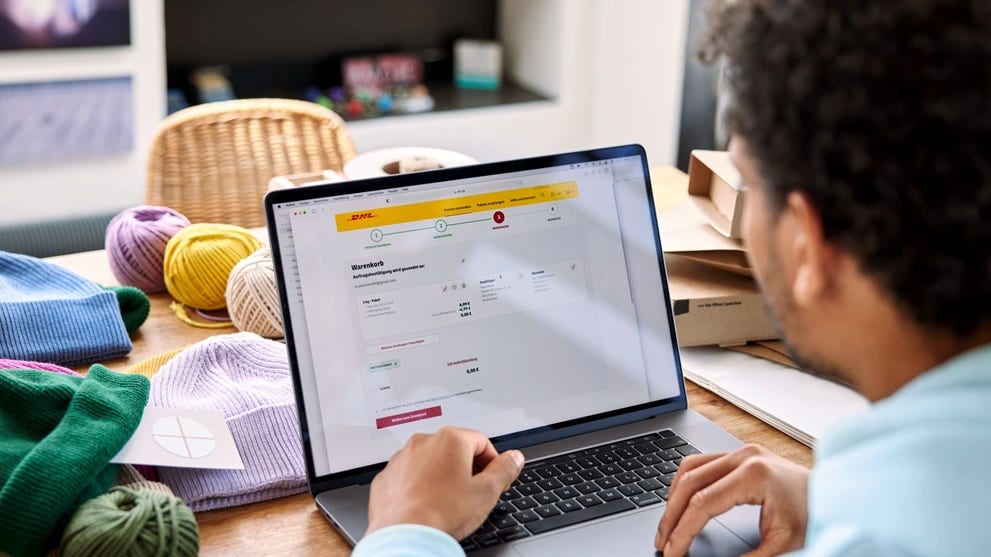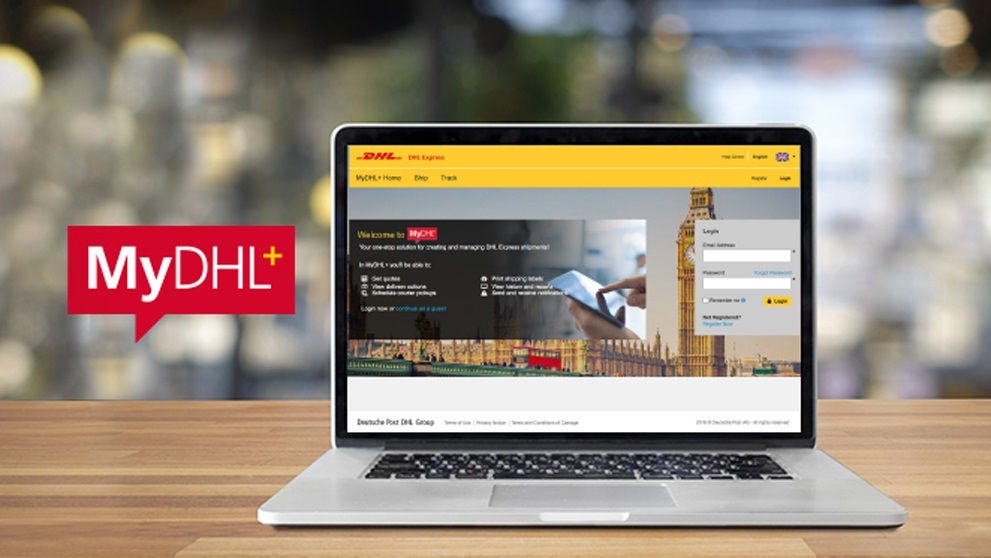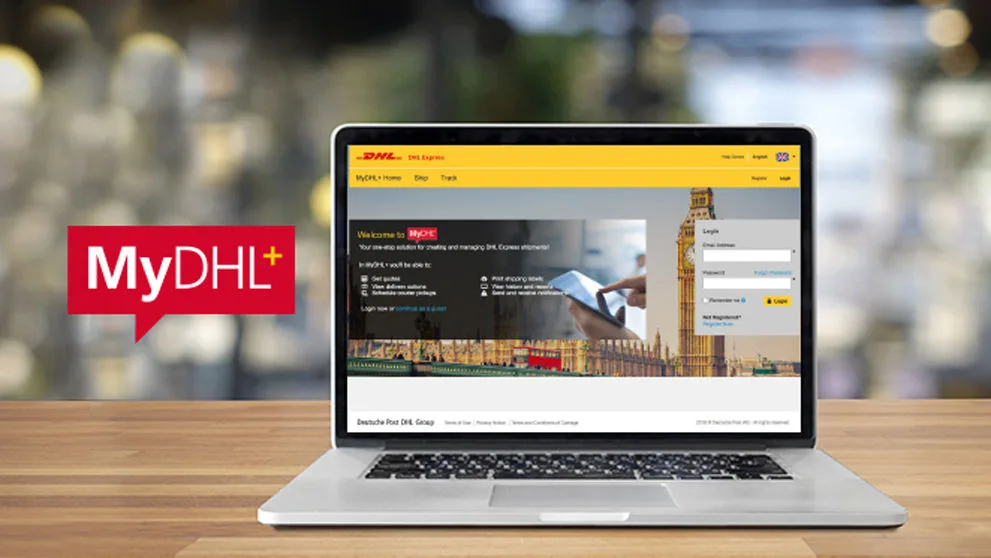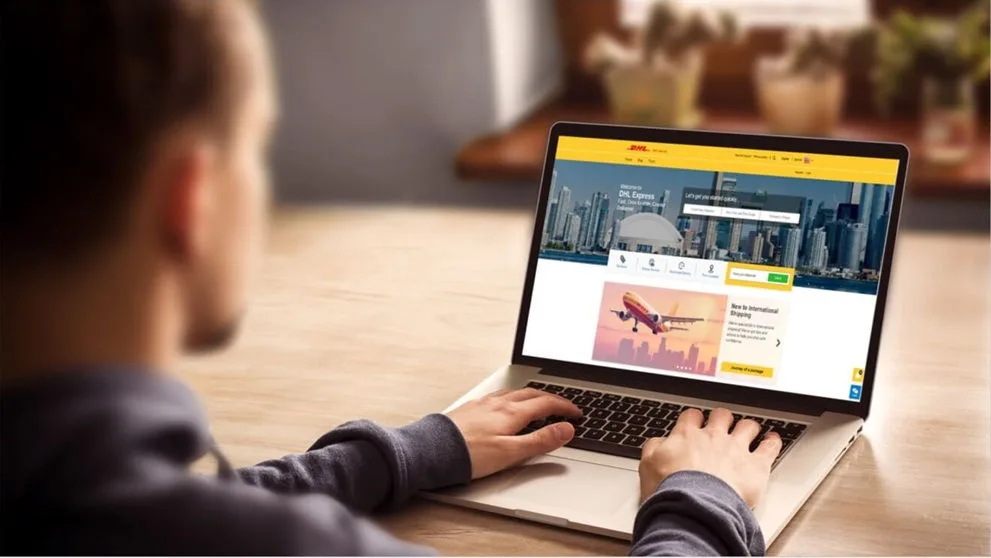
Your waybill is critical to ensurimg your shipment reaches its destination securely and on time. Think of it as your shipment’s “passport”, telling customs authorities everything they need to know to keep it moving along without delay.
What is a waybill?
Your waybill is a document which is attached to a shipment and contains critical information so that machines, couriers, and customs officials can process and track it. It gives details about the shipment, including what it is, where it’s going, and how it needs to get there. A waybill acts as a legally binding agreement between a shipper and a carrier and is thus essential for the purposes of liability, insurance, and payment. Waybills are usually attached to the exterior of the shipment to allows for anyone handling the shipment to easily access important details.
This is one of the most important pieces of documentation associated with your shipment. Just as every shipment is unique, so is its waybill. Without it, the shipment risks being delayed, lost, or held up at customs. Waybills contain tracking ID, meaning the shipment can be tracked in real time, thus reducing its risk of being lost. In today’s world, tracking has become a must for any business shipping overseas.
Once you have filled in the waybill, you will likely have to complete a shipping invoice – this is used as a supporting document for the value declared on the waybill.
Waybills require the following pieces of information:
- Receivers information: receiver’s name, address and phone number
- Shippers information: name, address (whether a business or individual) phone number, email address
- Shippers information:shipper’s name, address (whether a business or individual), phone number and email address
- A description of the goods inside and the quantities.
- Shipment details: total number of packages in the shipment, total weight & dimensions of the shipment, and the value.
- In the instance your shipment is for a sale of goods, you may be prompted to provide a sender/receiver Tax ID number
- Whether the shipment is Duties & Taxes Paid (DTP), meaning you, the shipper, incurs the full costs of the shipment, or Duties & Taxes Unpaid (DTU), whereby all duties and taxes incurred at the destination country will be borne by the consignee
It is essential you fill in your waybill carefully. Remember, you are responsible for creating your air waybill and shipment invoice – they're your official declaration. While DHL Express is here to help with tips, advice, and guidance, we can't create these documents for you

Tip 1: Duties and Taxes
Unless you specifically select the Duties & Taxes Paid (DTP) service, the receiver will be responsible for paying duties and taxes. By default, if no indication is provided, the shipment will be considered as Duties & Taxes Unpaid (DTU).

Tip 2: Weight and Dimensions
The weight and dimensions you have declared for your DHL Express package are subject to verification through re-weighing. If necessary, any discrepancies may result in adjustments to your billing.

Tip 3: Information Provided
It is important to provide accurate and complete information when filling out a waybill. It includes all essential instructions and details about the shipment for transportation, including the sender’s and recipient’s name and address, the package’s contents, and who is liable to pay the duties and taxes.

Tip 4: Shipment Information
The shipment information you provide plays a vital role in customs clearance to ensure alignment between the declared details and the actual contents of your DHL box or package, as well as the shipping invoice. Please be aware that waybills have an expiration date and will be considered invalid after that point.
How DHL can help
With a DHL Express Business Account, you’ll have access to expert advice on all things international shipping – from how to reach new markets to guidance on filling in waybills and navigating customs. All of which means you’ll have more time to focus on the business of selling!































